|
4/23/2020 0 Comments Quelling FearBy Melanie-Dawn (Ollenberg) Bessa The outbreak of COVID-19 can be stressful and overwhelming for both adults and children. According to the Centre for Disease Control, stress during an infectious disease outbreak can include:
Did you know that elevated levels of cortisol also interfere with our capacity for empathy, learning, and memory retention? Daniel Siegal, psychiatrist and leading world authority in the fascinating field of interpersonal neurobiology, explains: The release of stress hormones leads to excessive death of neurons in the crucial pathways involving the neo-cortex and limbic system - the areas responsible for emotional regulation (Siegel, 1996: 106). Left unchecked, millions of brain cells in the hippocampus and orbitofrontal cortex are destroyed - the areas of the brain responsible for human empathy and impulse control. (Wright, Camden-Pratt, and Hill, 2011). So many of the short-sighted, competitive, violent tendencies prevalent in our society are actually symptoms of a system that teaches fear, shame, and aggression rather than amity and collaboration. Be it the authoritarian, competitive ranking system of our school system, the deluge of "bad" news in the media, or the economic disparities maintained in our societies, it is easy to live in a constant state of self-focused anxiety and shame. Tips and Solutions to Quelling FearThankfully, we are innately a people of emotion and relationship. Social researchers Miburn & Conrad confirmed that individuals raised under punitive parenting styles tend to prefer harsher law and order policies domestically, and support war as a foreign policy, and oppose pro-environment policies (1996). If we are to take back our own minds and hearts, and create a better future, what can we do? Sound Healer Valerie Moysey explained to me that the key is coming into coherence: "By introducing / reintroducing a resonant field, we come into coherence". By coherence, in this case, Valerie was referring to the Heart Math Institute's work, which describes coherence as a measure of the pattern in the heart's rhythm, which reflects an orderly and harmonious synchronization among various systems in the body such as the heart, respiratory system, and blood-pressure rhythms (Heart Math Institute, https://www.heartmath.org/support/faqs/research/) "While a number of techniques can be used (grounding, sound, breathwork, nature, prayer, etc) to come into coherence, the result is an activated parasympathetic nervous system and slowed fight-flight response." explains Valerie. 1. GroundingWhen we are afraid, anxious, or overwhelmed, we are ungrounded - we lose our sense of center, get swept off our feet, and lose our ability to make decisions clearly. Grounding is a process of dynamic contact with the earth, with its edges, boundaries, and limitations. It allows us to become solidly real - present in the here and now - and dynamically alive with the vitality that comes from Earth. (Judith, A. in "Wheels of Life", p. 66) When we are grounded, we can a sense of inter-connection with life, which brings clarity through stillness, and ultimately enhances our ability to make decisions easily, expand our consciousness, and manifest our goals. In this sense, grounding is quite literally "foundational" to all of the practices suggested in this article. But how do we get there? Valerie Moysey shared a number of easy strategies with me which one can do:
Valerie also speaks to the matter of "Entrainment" that happens when you spend time and proximity with a person who is grounded. Entrainment describes the way the body gradually syncs up with either a biological or external rhythm. In this case, when one who is in fear is with somebody who is not in fear, and that person is grounded, the fearful person will eventually become more calm. In this way, it is important to choose your company wisely, and ensure you give yourself the chance to resonate with others who are grounded and not in fear. This could be a friend, a family member, or even a paid practitioner. If you'd like to explore or discuss this further, please don't hesitate to connect with Valerie. 2. Take Heart
For more resources, the Heart Math Institute has some really great tips for managing fear from a heart-based space here: https://www.heartmath.org/calendar-of-events/coronavirus-technique-for-reducing-and-overcoming-fear/ Coincidentally, in the middle of writing this blog, I came across an Instagram post by sculptural fibre artist Marina Dempster, whose craft is a transmutation of materials, thoughts and emotions. Marina's work explores human paradoxes: comfort and discomfort, stillness and action, acceptance and change. Her "Dear Friends // Near Enemies" series of tufted cushions explore the paradox in language and get us thinking more deeply about our unconscious beliefs, urging us to go within for our answers. The cushion that caught my eye was F/EAR, pictured below. I reached out to ask if she could describe for me her take on this piece, and how we move through fear, and her response really resonated with the need for self-compassion, kindness. This is what she said:
3. BreathAt a time when so many are struggling to breathe, it's easy to get caught up in the fear and forget to breathe ourselves. I mean REALLY BREATHE. We are always breathing, but doing so consciously gives us constant access to the sacred, and a tool to shift our attention to what is sustaining us.
4. Vitamin N
5. CleaningWhile living in a culture that teaches accumulation, it is important to also spend time clearing the physical, mental and emotional debris that we collect. Creating space for the sacred, we bring awareness to the foundation of our being and learn to sift through and release what no longer serves.
6. Sounding Through FearWhen the vagus nerve in our bodies is overstimulated (eg., due to stress or fear) or inactive; the right frequencies can bring it back to normal working order.
7. Prayer / IntentionThe coronavirus pandemic is indiscriminate, affecting lives across races and religions. This global angst has simultaneously inspired interfaith unity and solidarity. There are examples around the world of leaders coming together across faith groups as well. On April 22nd, in fact, Jewish, Christian, Muslim and Druze religious leaders in Israel were set to hold an interfaith virtual prayer Wednesday afternoon amid the coronavirus pandemic (The Times of Israel). In a Statement from the Parliament of World Religions, it invokes in us the need to "find new ways to bring comfort to one another, to cooperate with one another, and to overcome the ravages of disease and death." Meanwhile, the The Canadian Interfaith Conversation was pleased to participate in the development of the statement, "Hope, Gratitude and Solidarity: A Message to Canadians from Religious Leaders in Canada in response to the COVID-19 Pandemic," released March 30, 2020. They also offered an interfaith message for spiritual and religious leaders to be beacons of support during these difficult times. "Together with over 80 leaders of religious communities, we pledged to "witness hope to each other and so become beacons of light during these uncertain times." While we witness this outpouring of support and solidarity from spiritual and religious leaders around the world, many of us are also turning to prayer more and more in our own daily practices, to ask for support in with our fear. When we bow our heads, bring our hands to our hearts, or kneel on the ground in prayer, we open up to the invisible world and the intangible presence of our heart, mind, and soul. When we listen with all of our senses from this place, we connect, participate with, and witness the Divine and attune to the sacred. Valerie also strongly recommended prayer: "Set a strong focus / intention for help, ask what is it that you need to move through this time, and listen to what comes through". It reminded me of this quote by Rumi, which seems to thread all of these tips and strategies together. Make everything in you an ear, each atom of your being, and you will hear at every moment what the Source is whispering to you, just to you and for you, without any need for my words or anyone else's. You are - we all are - the beloved of the Beloved, and in every moment, in every event of your life, the Beloved is whispering to you exactly what you need to hear and know. Who can ever explain this miracle? It simply is. Listen and you will discover it in every passing moment. (Rumi) This quote really touches me, and the words can carry all of us through each of the practices recommended throughout this article.
May you be blessed by these medicines as you listen to, navigate, and learn from your fear, into a place of beloved expansion, compassion, and hope. And through all of this, please know that you do not need to navigate this alone. You are supported and loved.
0 Comments
Wake up. Eat breakfast. Get dressed. Go to work. Stress until midnight. Repeat. If that sounds like you, keep scrolling for ways you can beat the humdrum while keeping yourself healthy and happy. The best part is that you can do these things every day for a quick pick-me-up.
There you have it, simple and effective ways to keep your mind and body in top shape. From waking up early to hitting the gym after dark, taking care of yourself today will ensure you have a better tomorrow. Sheila Olson Sheila Olson has been a personal trainer for five years. She believes the best way to achieve physical fitness and good health is to set and tackle small goals. She encourages her clients to stay positive and incorporates mindfulness and practices for reducing negative talk into her sessions.
She created FitSheila.com to spread the word about her fitness philosophy. Have you ever found yourself in the following scenario? Your stress levels are rising: you are noticing yourself becoming more tense, irritable, and anxious. There is more tightness and pain in your body, and you are experiencing headaches or digestive issues. You are no longer sleeping well. At this point you recognize that you need to prioritize self-care in order to relax and rejuvenate. So you clear some time in your schedule for much-needed ‘me time.’ Maybe you book a massage or pamper yourself at home with a relaxing bath; you take time to slow down and relax; read your favourite book or go for a quiet walk in nature. Maybe you treat yourself to an enjoyable activity such as seeing a movie or a show or indulging in your favourite hobby or pastime. Maybe you take the day off to go out of town for a mini escape. To your dismay, at the end of the day you find that despite your efforts you are still feeling as stressed out as ever. Now you are also frustrated. Why didn’t it work? What went wrong? If you can relate to this, you are not alone. I have been in this situation many times myself and it is indeed very frustrating. Usually, when we think about self-care we imagine activities that are soothing, relaxing, or enjoyable. The aim is to melt away stress and anxiety, slow the nervous system, and emerge well rested and rejuvenated. The methods we use tend to focus on replacing negative mental and emotional states with positive ones. However, this is exactly the reason why sometimes these methods might not work. If we focus too much on replacing negative states with positive ones, this can easily turn into avoidance. And the longer we avoid, the worse the problem often gets. This is why our usual self-care methods might stop working. Sometimes what is needed is to take action to address our stressors, rather than focusing on relaxation. If you are finding yourself in such a scenario, ask yourself: Is there a problem you’ve been avoiding dealing with? Maybe a conflict with a friend or family member, a work issue, an important decision that you need to make, or another personal issue that you haven’t addressed? Perhaps underneath all of that stress there are feelings of anger, disappointment, fear, hurt, sadness, guilt, helplessness, or emptiness. This is what needs your attention. Rather than focusing on relaxing and doing things that are enjoyable, an alternative method of practicing self-care in this type of situation would be to take some time to pay attention and listen to those feelings. This requires a willingness to experience negative emotional states, which is difficult for us to do because we are wired to avoid pain. That’s why getting a massage is much more appealing. So what can you do? Try setting aside some time to get in touch with the feelings in your body. Get curious about what is underneath all of that stress and anxiety. Acknowledge the difficulty of what you are going through. Be gentle and compassionate with yourself. Give yourself permission to feel your feelings as they are. Whatever you are feeling is okay, and it is important. It might be helpful to express what you are feeling through writing or art. However, simply sitting quietly with your feelings for a few moments is effective. Our feelings are important messengers. They let us know when something is wrong and alert us to unmet needs. Being able to listen to our feelings and satisfy our needs accordingly is what self-care is all about. Sometimes stress lets us know that what we need is rest and relaxation. However, when other emotions are involved, slowing down and tuning into them is the first step to being able to address what our needs really are. And in cases of chronic stress, perhaps these are needs that have been neglected for much too long. Stay tuned for Part 2. Zlata Kovaltchouk
|
Archives
January 2023
CategoriesAll Advice Affirmation Animal Teachings Anxiety Assessment Tool Astrology Boundaries Breath Ceremony Chanting Cleaning Coaching Cooking Creativity Dream Earth Eco Spirituality Eco-Spirituality Fatigue Fear Fertility And Pregnancy Grief Grounding Happiness Honouring Our Elders Hormones Intention Intentionality Limiting Beliefs Living Seasonally Love Mars Retrograde Meditation Mindfulness Nature Nutrition Overwhelm Palmistry Practice Feature Prayer Psychotherapy Radical Self Nourishment Recipe Recovery Reiki Renewal Self Betrayal Self Care Self-Care Self-Compassion Self-expression Self Love Self-Love Self-worth Shinrin-Yoku Sleep Sound Healing Sounding Stress Symbolism Tarot Tools And Techniques Transformation Vitamin N Workshop Yoga |
257 Danforth Ave Toronto |
Connect
|

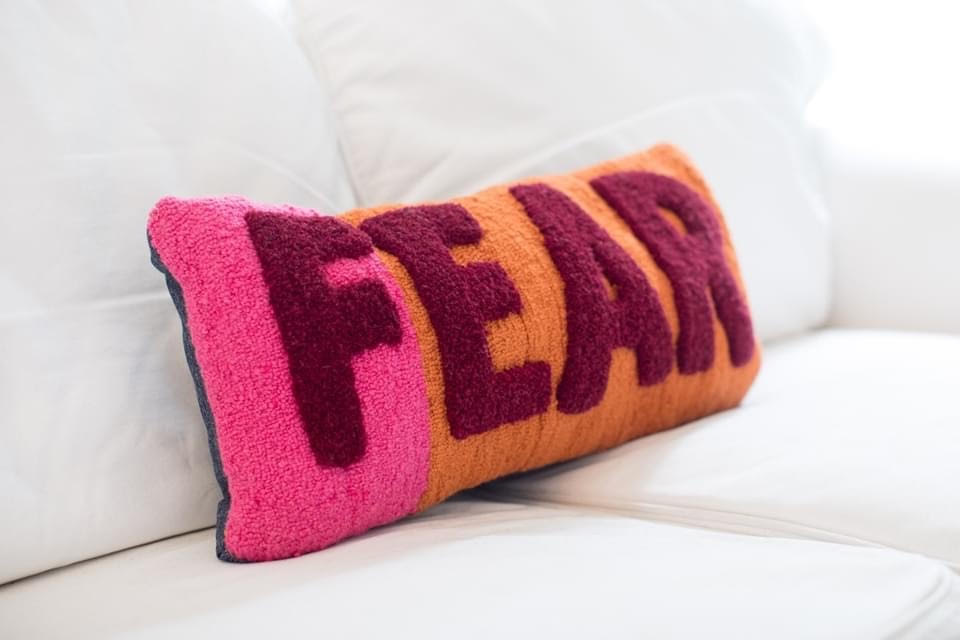
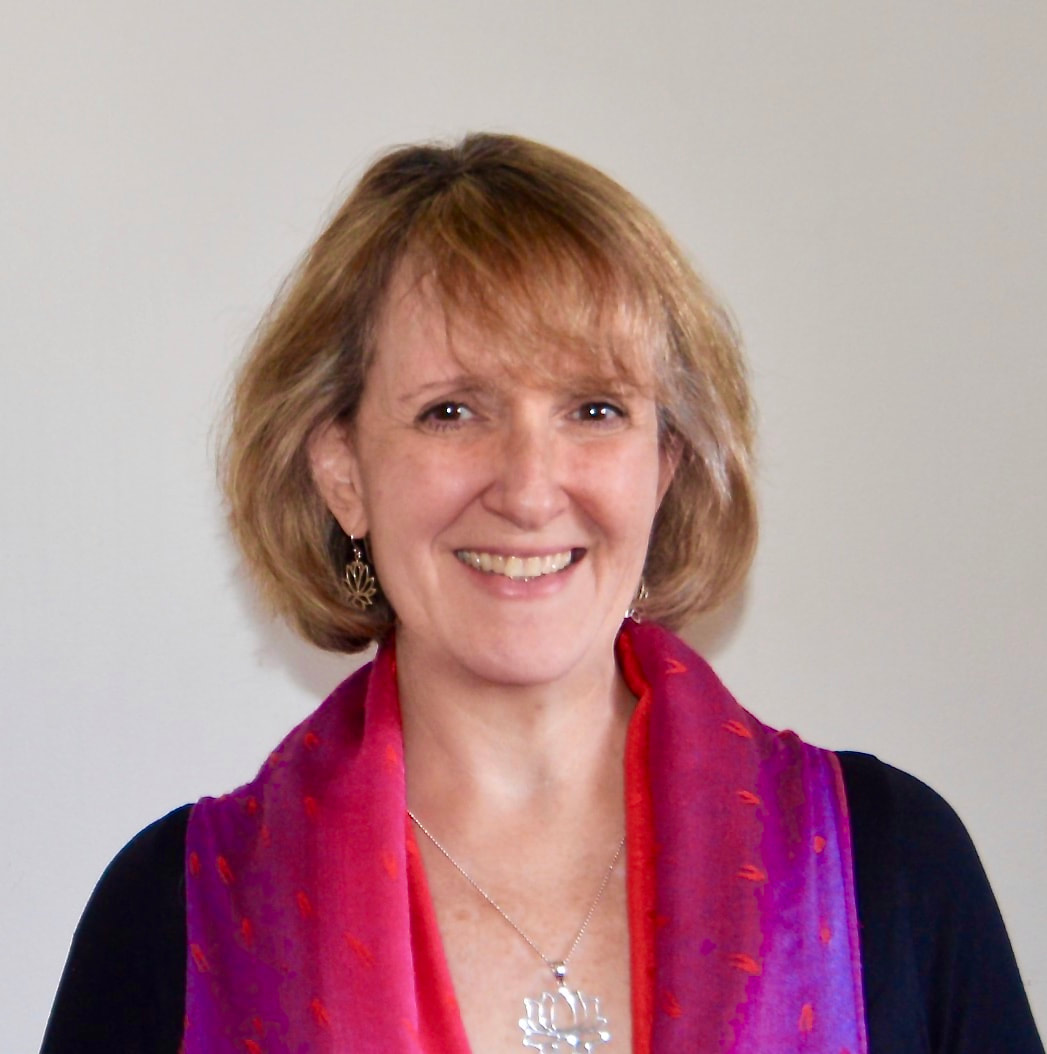
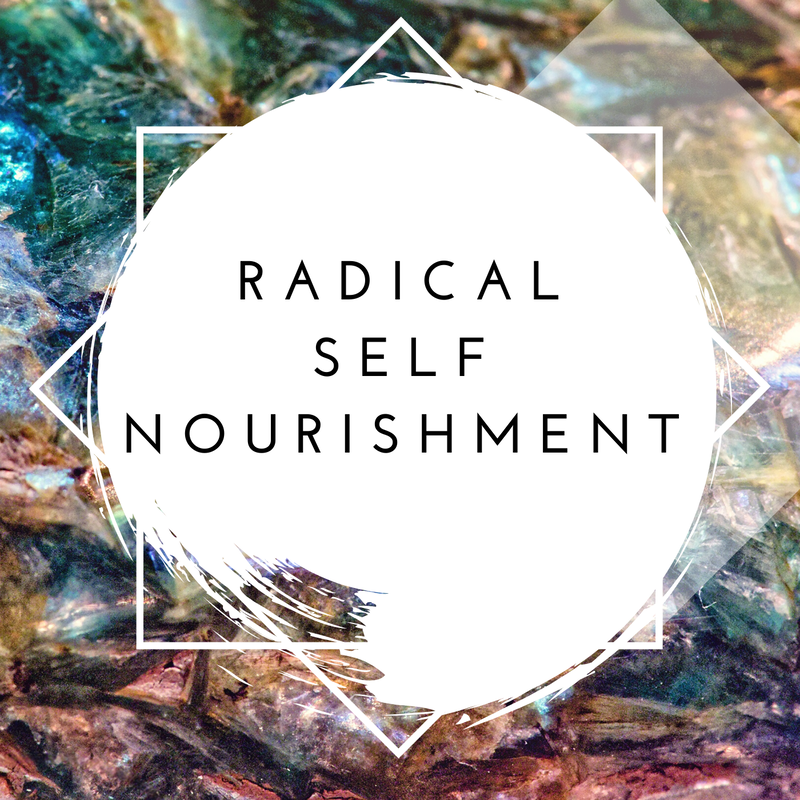



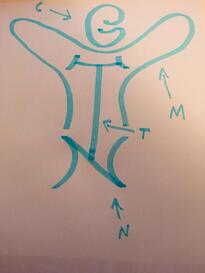
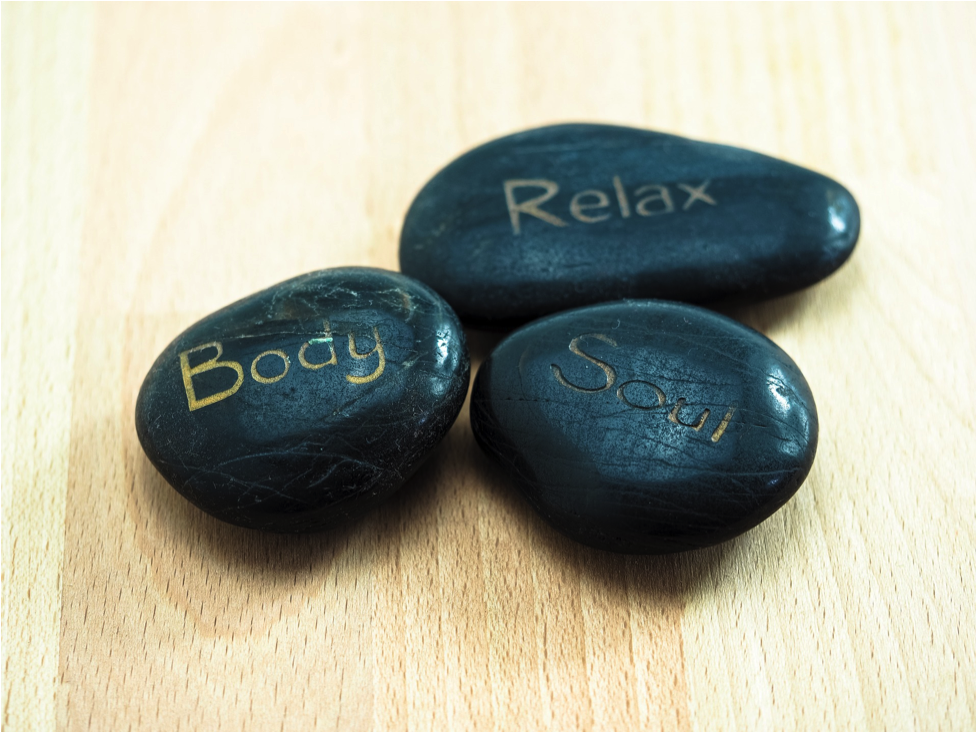


 RSS Feed
RSS Feed